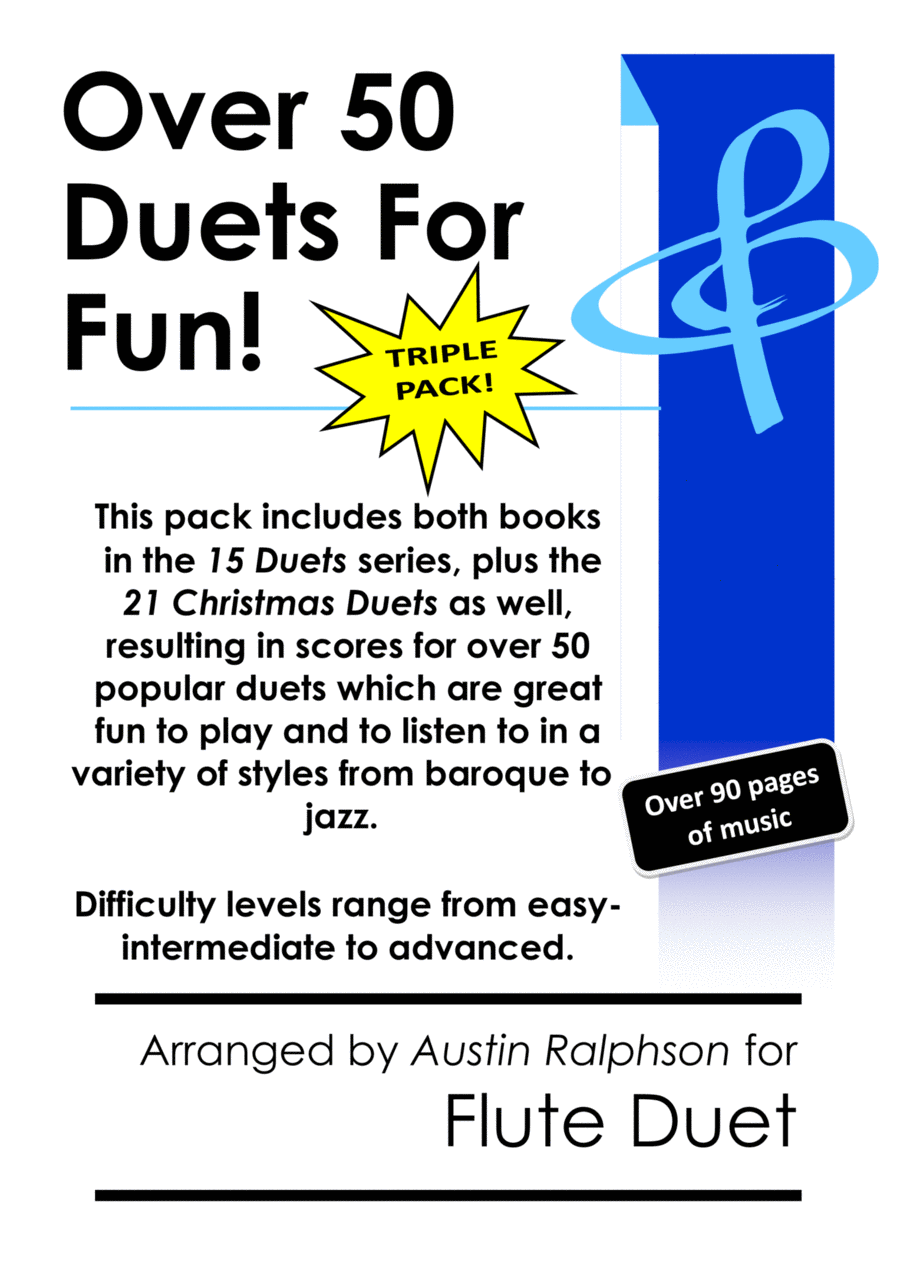Composed by Newton, Meacham,
Handel, Delibes, Bach,
Purcell, Beethoven, Ugolino,
Scott Joplin, Gershwin, Johann
Strauss II, Mendelssohn,
Grieg, Jeremiah Clarke,
Mozart, Vivaldi, Tchaikovsky,
Charpentier, J. Pierpoint, L.
Mason, F. Gruber, J. Mohr,
Trad. Arranged by Austin
Ralphson. 20th Century,
Classical Period, Baroque
Period, Christmas, Wedding.
Score. 101 pages. Published by
Austin Ralphson
